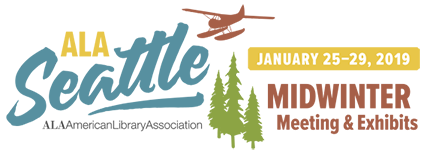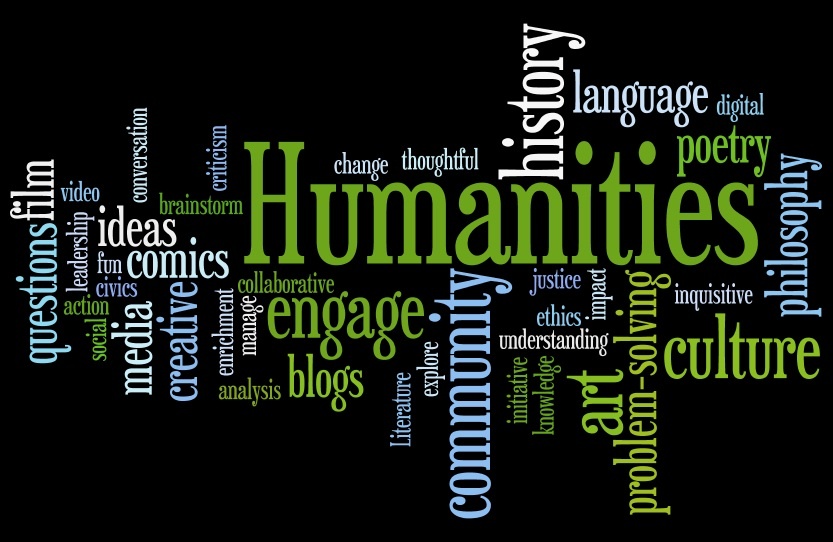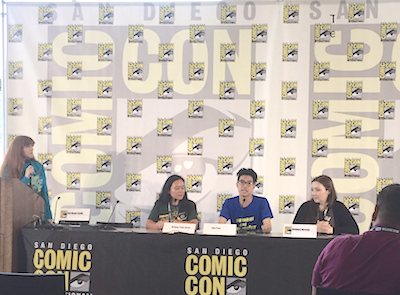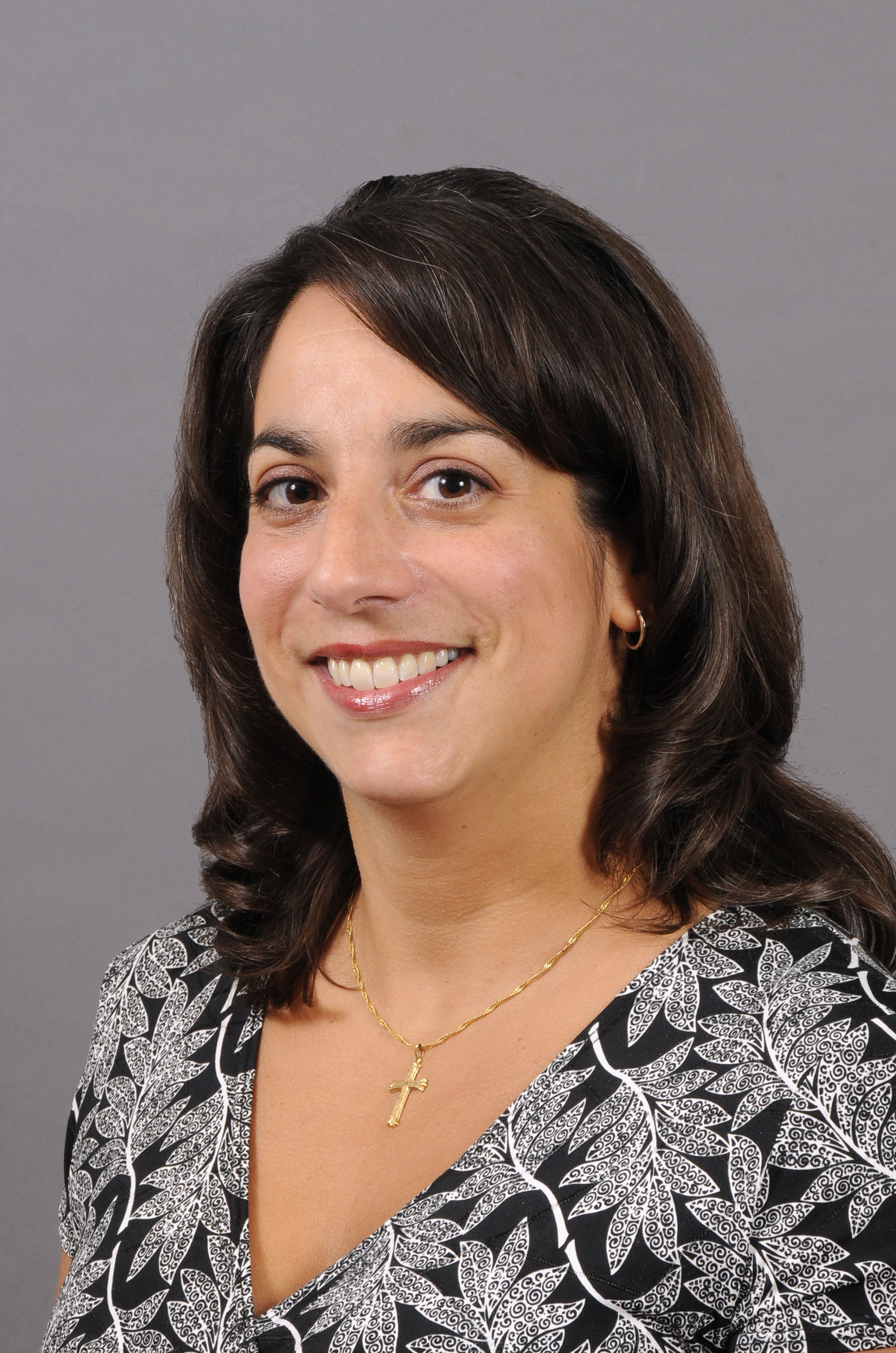The new year is here and that means ALA Midwinter is almost upon us. This year it’s in Seattle, WA, from January 25-28.
Journalists' Predictions for 2019: IL Makes the Cut
End-of year-roundups are popping up all over right now. Our advice is to skip the 100th “best gifts” list that landed in your mailbox--instead enjoy NiemanLab’s latest set of predictions for the year ahead in journalism. The annual feature interviews numerous people in the world of journalism, technology, and publishing about what they think the new year will bring. This time round, news accuracy, ways of ensuring it, and predications about how the public will react to disinformation in 2019 are frequently raised topics.
InfoLit Learning Community: Resources to Accelerate Your Library Marketing
Join the InfoLit Learning Community now. Already a member? Log in here.
Planning and running an information literacy program is challenging enough—the extra steps involved in marketing your work can sometimes fall by the wayside. We’ve lately put together some materials that help make marketing easier and that can even get faculty doing marketing on your behalf.
By Liz King and Raymond Pun
Raymond Pun recently spoke with Liz King, the Humanities Librarian at Alkek Library in Texas State University. Liz shares her techniques for connecting information literacy to things they do every day, how she overcomes misconceptions about the nature of research in the humanities field, and which resources she leans on when designing instruction.
The International Federation of Libraries and Associations (IFLA) World Library and Information Congress (WLIC) 2018 just ended last week in Kuala Lumpur, Malaysia. Over 3500 attendees came to this year’s conference in Malaysia. Participants came from all over the world including Myanmar, Brazil, New Zealand, Serbia, Sierra Leone, and Spain, and the topics of discussion ranged from scholarly communication to sustainability to linked data.
Teaching Information Literacy Using Comics and Graphic Novels
Last week, the San Diego Comic Con (SDCC) brought together comic art and graphic novel fans, illustrators, artists, gamers, celebrities, educators, and librarians. Numerous events and seminars across the San Diego Convention Center and the San Diego Central Library (SDCL) covered diverse topics ranging from “Designing the Costumes of Wakanda” to “A Crash Course to European Comics.” This conference provided a great opportunity for librarians seeking to learn more about the latest publications, trends, and scholarly works on comic research.
Addressing information literacy with first year students is a multifaceted challenge. Librarians may be overwhelmed by the magnitude of the Framework for Information Literacy’s threshold concepts. Faculty buy-in (or lack thereof) can help or hinder. Students potentially hold misconceptions, as illustrated by Lisa Janicke Hinchliffe’s research. Finally, some institutions, such as my community college, do not provide 1) a formal first year experience and/or 2) a credit-bearing IL course. You know where this leads: a Framework-skittish instructional librarian standing for about an hour in front of students who think they can Google the answer to anything and faculty who just want you to “show some databases.”
Accreditation and the FYE: Selected Resources for Longitudinal Studies
Did you know that selected regional accreditation programs may include information literacy as a core competency skill? Are you involved in the accreditation process for your school or library? Today, many academic libraries are tasked with providing students’ IL learning data for accreditation purposes.
A Culture of Collaboration: Library Innovation in the FYE at Bryant University
Bryant University is known for its vigorous academic program, a design thinking experience for first year students, and a campuswide focus on student success. The culture at Bryant provides fertile ground for innovation at all levels of the university. The Douglas and Judith Krupp Library embraces this culture and the elements of flexibility, experimentation, and collaboration, offering library staff the opportunity to innovate within the library and with campus partners.
First Year Experience, Information Literacy, Library Instruction
It Takes a Campus: Successful Collaboration Strategies for Teaching Information Literacy
The success of our information literacy program was achieved largely through continuous and collegial collaboration between the library and its campus partners. The Writing Center, faculty, and various committees have all participated in a productive give and take that helps ensure students pick up IL skills early and use them often.
First Year Experience, Information Literacy, Library Instruction




/Images/ifla%20logo-1.png)

/Images/ST%20by%20Daniel%20-%20Copy%20(2).jpg)
/Images/assess.png)
/Images/bryant%20library.jpg)
